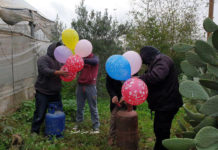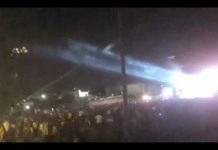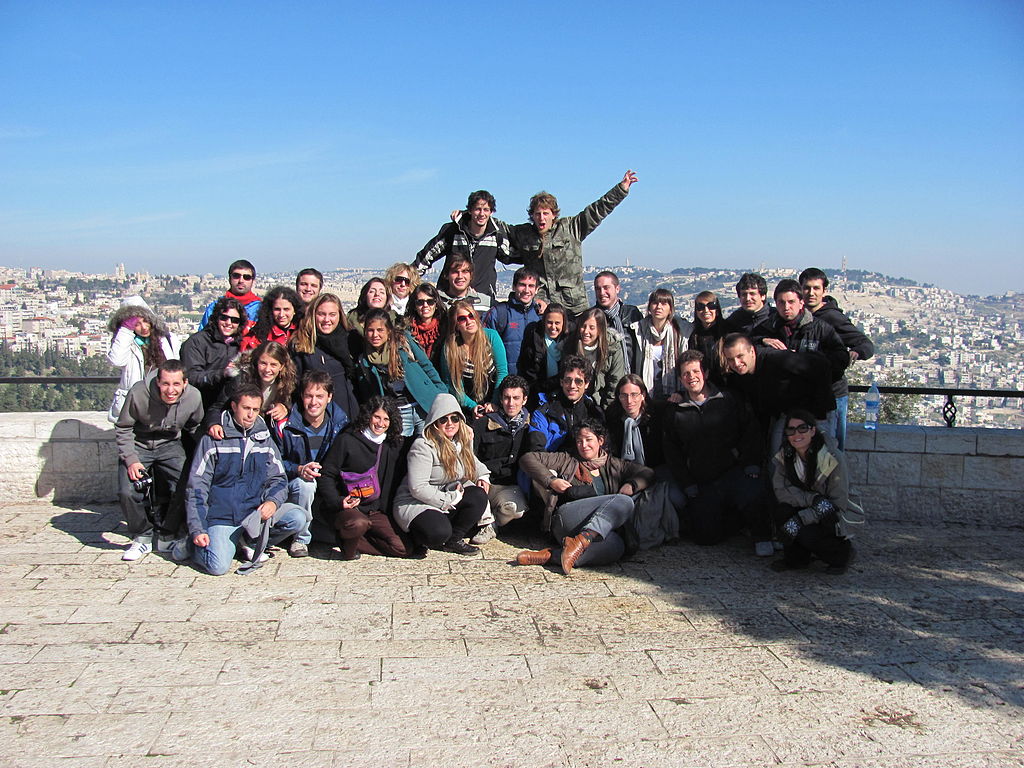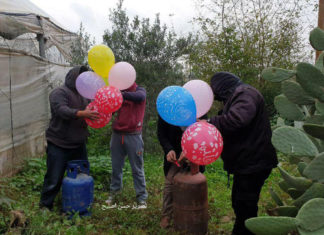Like everyone else on the planet, I have heard about the “complicated” situation in the Middle East my whole life: promises to fix it, hopeful negotiations that crumble behind closed doors, rockets, wars, treaties, stalemates, etc. Round and round it goes until, exasperated, I figure both sides are unwilling to reach the type of tough-but-straightforward agreements that brought peace to Ireland and South Africa, and I give up. “It’s complicated” is a Facebook status, not a diplomatic agreement.
I spent the last two weeks in Israel. The trip was free, as it is to any Jew, through a program called “Taglit Birthright.” To any students who come from a Jewish background, I suggest checking it out. It is a free trip to Israel, if nothing else.
Last Wednesday I visited Sderot, a town of about 20,000 people in the western Negev desert, less than a mile away from the Gaza strip.
Sderot has been the target of more than 10,000 rockets fired from Gaza since 2000. Gaza is controlled by the militant Islamic group Hamas. Sderot is the only town in the 21st Century where rockets are being continually fired at a civilian population.
To deal with the rocket attacks, the town has a siren that gives residents a 15-second warning to get into a bomb shelter.
Stop for a moment and consider how far you could get in 15 seconds. Could you get to the nearest bathroom? The nearest car? The nearest stairway?
Sderot is the bomb shelter capitol of the world. Every house has a bomb shelter. Apartment buildings have bomb shelters crawling up their sides. Every bus stop is a bomb shelter and others are spaced in between; there is a bomb shelter about 15 seconds away from most places.
If you are a child in Sderot, you should hope you are in school when the rockets come. Older schools have been retrofitted with huge steel shields on their outer walls and roofs. Newer schools are literally giant bomb shelters, their paltry playgrounds nothing but dust and three safe cubes awaiting the siren’s call.
Other parts of town have the type of playgrounds we grew up on: ladder up, slide down, monkey bars and the wall with a clear bubble that never made sense. They have painted a castle a nice shade of purple, and made two long concrete snakes look so vibrant and fun, you could almost forget they, too, are bomb shelters. Between 70 to 95 percent of children in Sderot have Post-Traumatic Stress Disorder, according to Haaretz, an Israeli newspaper.
So why are people still living in this god-forsaken place? There are a few reasons. For one, housing is much cheaper there (feel free to guess why). For another, Sderot has one of the most lively and productive music scenes in the Eastern Hemisphere. The town is home to more chart-topping bands than any other in Israel and rivals any in Europe.
But the real reason people stay is because they feel they must. Sderot is internationally recognized as part of Israel. If they leave, if they give up, what happens to the next town? And the next? Rockets from Gaza can hit Israel’s economic and cultural centers – Tel Aviv and Jerusalem, respectively.
I saw all this from Israel’s side of the border, so I cannot speak with objective moral authority on who is right or wrong, victim or oppressor. I know everyone I talked to in Israel wants peace more than anything, and would give up land if they thought it would achieve it. I also know that people suffer in Gaza and struggle for a homeland in the West Bank.
As a commentator, I am supposed to speak in shoulds and should nots.
No one should have to live like the people of Sderot. That’s all I’ve got.
It’s complicated.
Dave Balson is a senior journalism major. He can be reached at 581-7942 or [email protected].
Photo Credit: Taglit Group By Luqux – Own Work, CC BY-SA 3.0, Enlace











